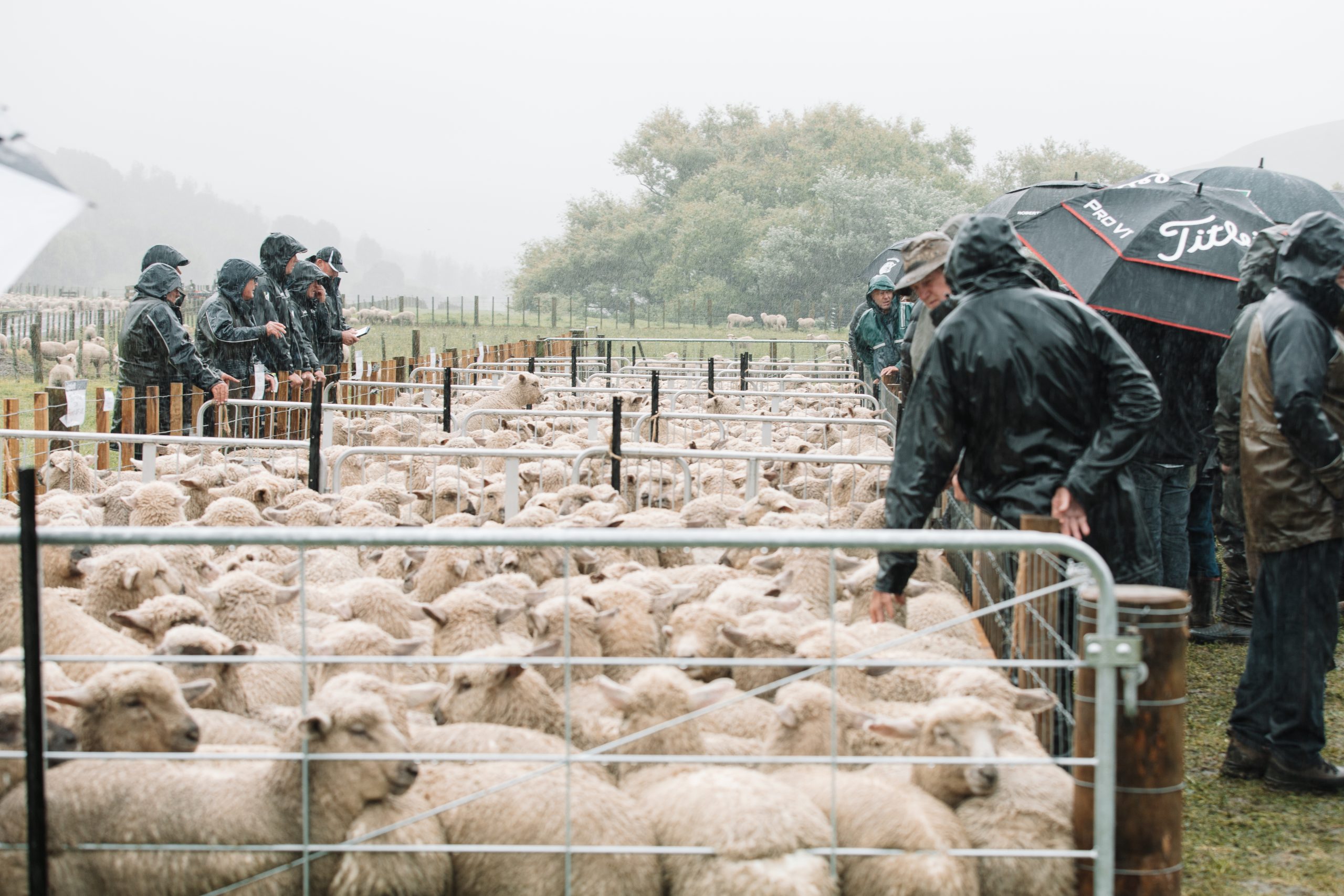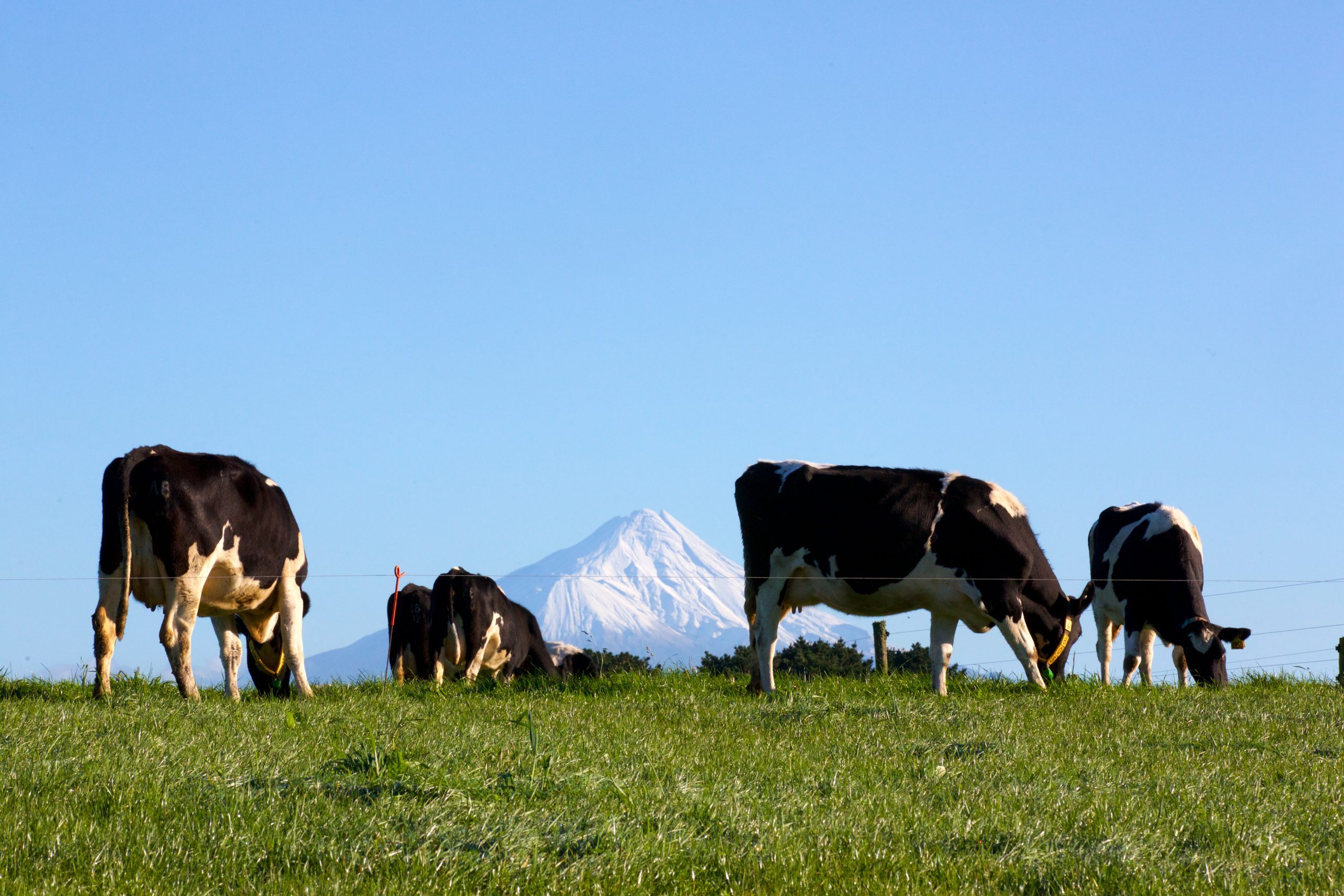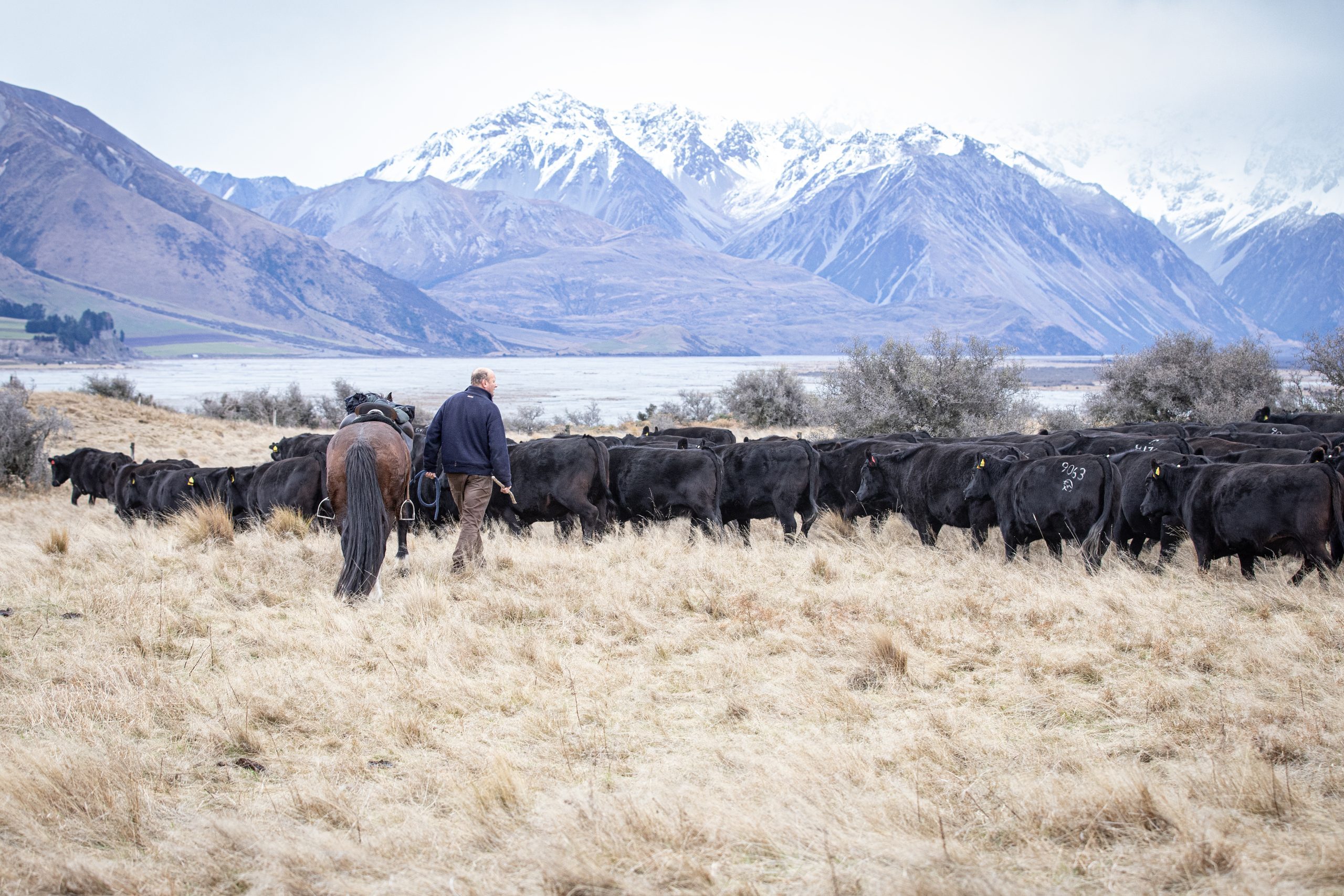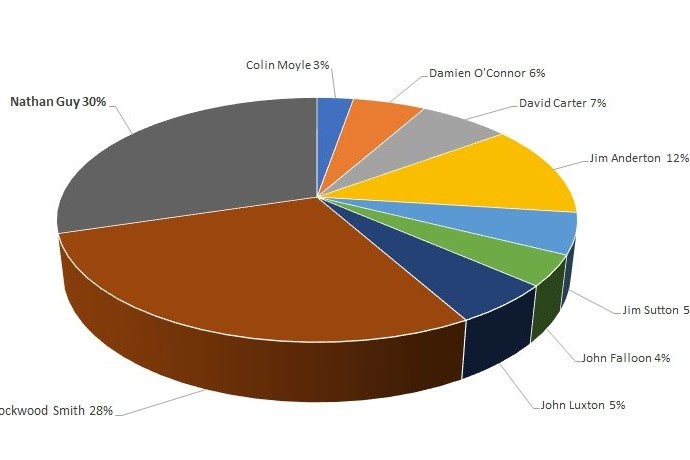Adding value, not cost
Companies and organisations that have been so focused on conforming to identity politics are now waking up to economic reality. They are focusing on costs and the true customer.
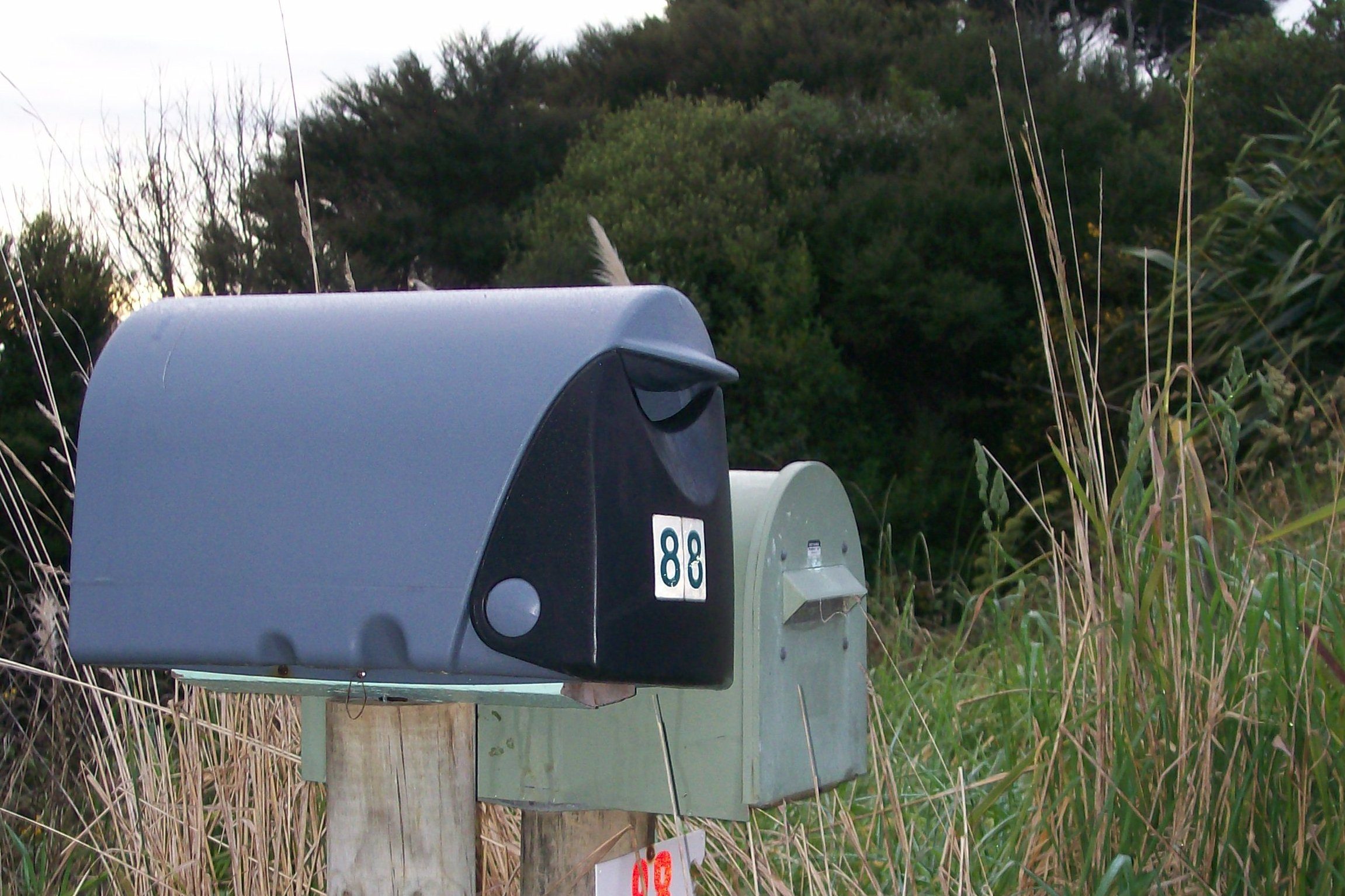
 Incomes are not matching rising costs as economic conditions deteriorate for businesses and citizens.
Incomes are not matching rising costs as economic conditions deteriorate for businesses and citizens.
Companies and organisations that have been so focused on conforming to identity politics are now waking up to economic reality. They are focusing on costs and the true customer.
Auckland City Council is over staffed and Mayor Wayne Brown was elected to do a job. To help fill a $336 million budget hole, 500 jobs have to go. Will other councils, organisations and companies follow to balance their books?
The Government should be following Auckland’s lead, but won’t. If National and Act become the government after October’s election there is likely to be carnage in government departments and agencies’ back offices. Communication and middle managers should be nervous.
As inflation rises and incomes are static or fall, costs can’t easily be passed on, unless you have a monopoly.
Country-Wide’s publisher NZ Farm Life Media has had some tough decisions to make.
Most of its costs have gone up, but the worst has been NZ Post. In the past seven years magazine postage costs have doubled and now NZ Post will hike prices another 30% in July.
A campaign run by community networks and businesses is underway to keep New Zealand’s postal service open to all, especially those in rural areas. The campaign argues that the Deed of Understanding between NZ Post and the Government has been breached. All New Zealanders should have access to using post, but the price has now become a barrier.
Rather than raise the subscription price, NZ Farm Life made the decision to add value, not cost. Country-Wide has moved to a bi-monthly frequency, but we’ve added more pages. Our writers have more time to dig deeper into issues and produce greater in-depth stories.
It’s about working with what we can control.
Farmers are handling costs by cutting back on fertiliser, shearing, etc, and being more strategic.
They are using tools such as genomics or better management practices to add value, not just cost.
Adding new technologies doesn’t always end well if the cost is not supported by proven benefits. For example, buying highly fertile rams but not having the feed or management skills to profit from them.
The Government gave the Australian company Bluescope $140 million for an electric furnace at its Glenbrook steel mill in Auckland. By not burning coal it is said the plant will reduce NZ carbon emissions by 1%. Bluescope is reported to be about to build a furnace in Australia that will burn coal for 20 years.
Based on the warming effect, NZ farmers have reduced methane emission by 30% since 1990 without any subsidy.
Paying farmers to reduce emissions further rather than taxing them would be better bang for the buck.


